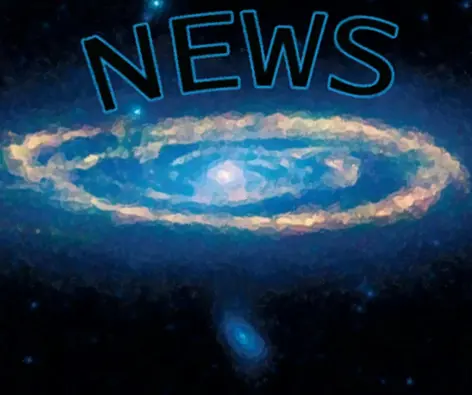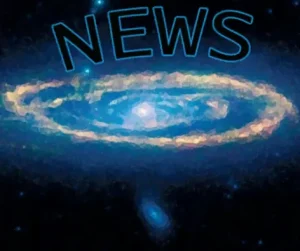The Great Filter Hypothesis: Exploring the Enigma of Fermi’s Paradox
3 min read
Andromeda News
In the vast expanse of the universe, filled with billions of galaxies and countless stars, a perplexing question arises: Where are all the advanced extraterrestrial civilizations? This question forms the basis of Fermi’s Paradox, named after the renowned physicist Enrico Fermi, who famously asked, “Where is everybody?” The Great Filter Hypothesis offers a compelling explanation for this enigma, suggesting that there might be significant hurdles preventing the emergence and survival of intelligent civilizations.
The essence of the Great Filter Hypothesis lies in the idea that there could be one or multiple “filters” that make it exceedingly difficult for life to progress from simple microbial organisms to technologically advanced societies capable of interstellar communication. These filters act as evolutionary barriers that limit the proliferation of life or its progression to higher levels of complexity. If there is indeed a great filter, it would explain the apparent absence of extraterrestrial civilizations in our observable universe.
To understand the concept further, let us consider the potential locations of the Great Filter. One possibility is that the filter lies in the early stages of life’s origin. The process of abiogenesis, where life emerges from non-living matter, might be incredibly rare or even a one-in-a-billion event. If the emergence of life is indeed extremely improbable, then Earth’s existence as a life-bearing planet would be an exceptional occurrence.
Another candidate for the Great Filter is the transition from simple, single-celled organisms to complex, multicellular life. This evolutionary leap might be a highly improbable event, as evidenced by the fact that it took billions of years for complex life forms to emerge on Earth. If multicellular life is indeed an incredibly rare phenomenon, it would explain why the universe seems devoid of intelligent life.
The advent of intelligent life itself presents another potential filter. The development of intelligence, consciousness, and technological capability might be a challenging and precarious process. Many species on Earth have displayed intelligence to varying degrees, but only one has achieved the level of technological advancement required for space exploration and communication. It is possible that the challenges involved in transitioning from tool-using intelligence to a technologically advanced civilization are too difficult to overcome, leading to the scarcity of such civilizations in the universe.
If the Great Filter exists and lies ahead of us, it poses significant implications for the future of humanity. It suggests that even though we have managed to pass certain filters, the most formidable challenges may still lie ahead. It also raises existential questions about the sustainability of our own civilization and the potential dangers we face as we advance technologically.
However, if the Great Filter lies behind us, it offers a glimmer of hope. It would mean that we have already overcome the most improbable hurdles, and the existence of advanced civilizations in the universe is simply extremely rare. In this scenario, we would be among the lucky few that have successfully navigated the cosmic gauntlet.
The Great Filter Hypothesis is both intriguing and unsettling. It forces us to confront the possibility that we might be alone in the universe or that the cosmos harbors hidden dangers we have yet to encounter. Further exploration, scientific inquiry, and advancements in our understanding of the universe will continue to shed light on this paradox. Only by unraveling the mysteries of the cosmos can we hope to gain insights into the nature of life, its origins, and the potential fate of intelligent civilizations. Until then, the Great Filter Hypothesis remains a captivating and thought-provoking concept that challenges our perception of the universe and our place within it.


